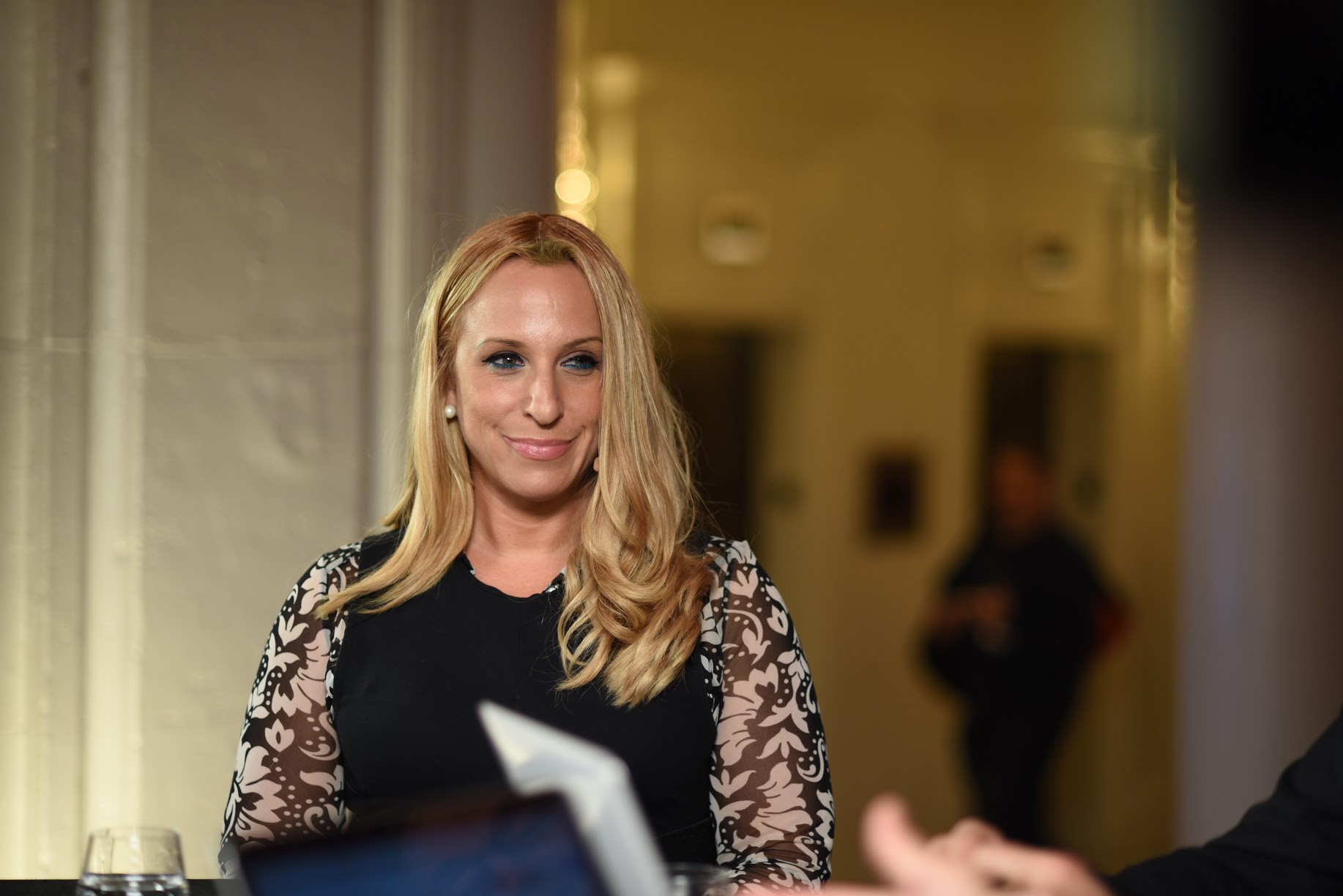 BIG DATA
BIG DATA
 BIG DATA
BIG DATA
 BIG DATA
BIG DATA
It’s every chief financial officer’s worst nightmare come true. On the night of April 28, 2015, an early and unintended release of Twitter’s disappointing earnings results erased $8 billion in the company’s value over the course of just a few hours. The information had been scraped by another website’s bot from a Nasdaq page and published to the world via Twitter.
It was a case of a social media company being victimized by its own medium, a dynamic that some security companies now specialize in working to prevent. “Things happen, mistakes happen, it’s the human factor,” said Shira Rubinoff (pictured), president of SecureMySocial. “We could have stopped it. We could have actually auto-deleted it before it went out.”
Rubinoff paid a visit to theCUBE, SiliconANGLE’s mobile livestreaming studio, and spoke with co-hosts John Furrier (@furrier) and Dave Vellante (@dvellante) at CyberConnect 2017 in New York City. They discussed her company’s role in helping enterprises guard against social media problems, how human factors are creating new vulnerabilities and the future impact of millennials in the cybersecurity world. (* Disclosure below.)
SecureMySocial provides a technology-assisted self-monitoring tool that is designed to protect businesses from the risks of social media. It scans real time online activity and uses a warning and auto-delete system when harm is on the horizon.
Companies are beginning to place restrictions on what employees may post on LinkedIn for example, according to Rubinoff. The concern is that profile information could be used by hackers to gain access to enterprise networks.
“The human factors of security are taking a front row today,” Rubinoff said. “People have to be careful about oversharing.”
As the impact of the millennial generation (born between the early 1980s and early 2000s) becomes more widely felt in the workforce, it is creating an unusual situation for companies. Although millennials are tech-savvy, cybersecurity is not exactly near the top in their priorities. A new survey released by Raytheon showed that 63 percent of millennials click links from untrusted sources, and barely a third have any interest at all in pursuing a cybersecurity career.
“They are actually going to drive the force of how technology is going to be created and how the business world is going to react and act towards them,” Rubinoff said. “Just wait until the following generation. Things are going to be a lot looser.”
Watch the complete video interview below, and be sure to check out more of SiliconANGLE’s and theCUBE’s coverage of the CyberConnect 2017 event. (* Disclosure: TheCUBE is a paid media partner for the CyberConnect 2017 conference. Neither Centrify Corp., the event sponsor, nor other sponsors have editorial control over content on theCUBE or SiliconANGLE.)
Support our mission to keep content open and free by engaging with theCUBE community. Join theCUBE’s Alumni Trust Network, where technology leaders connect, share intelligence and create opportunities.
Founded by tech visionaries John Furrier and Dave Vellante, SiliconANGLE Media has built a dynamic ecosystem of industry-leading digital media brands that reach 15+ million elite tech professionals. Our new proprietary theCUBE AI Video Cloud is breaking ground in audience interaction, leveraging theCUBEai.com neural network to help technology companies make data-driven decisions and stay at the forefront of industry conversations.